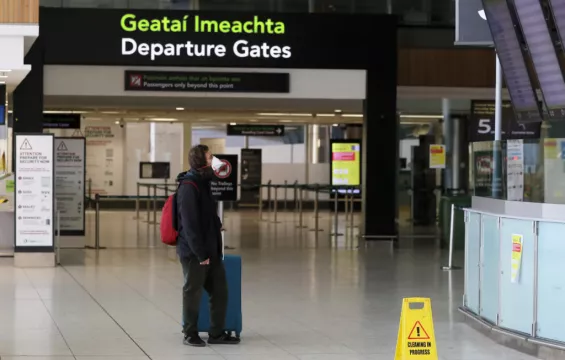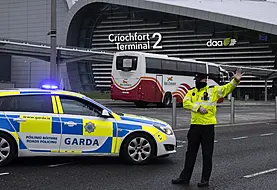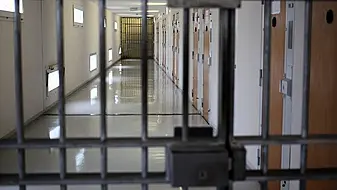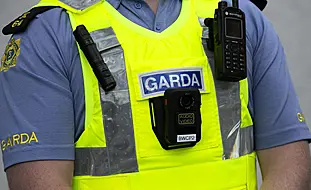Gardaí have uncovered the first known case of Irish holidaymakers producing fake documentation to support their claim that their travel abroad is essential.
The Irish Examiner reports that two people departing from Dublin Airport on Thursday provided gardaí with a letter purporting to be from their employer, an engineering firm.
The letter claimed the men needed to travel for work on essential engineering projects in Europe.
When officers from the Garda National Immigration Bureau checked with the company, they were told they had never heard of the two individuals.
The men decided to continue their journey and will have fines, each valued at €500, awaiting them at their home addresses on their return.
Gardaí have no power to stop people travelling and sources told The Examiner the purpose of the fines was to try and discourage people.
People travelling abroad at airports are interviewed by GNIB officers at the departure gates and asked about the purpose of their journey, if it is essential and whether or not they have any supporting documents.
Court summons
Gardaí advise people that if they assess their journey is not essential, they face a €500 fine and a penal process.
The Government increased the fine for non-essential international travel from €100 to €500 because of concerns the initial fine was not large enough, particularly given the cheap flights available.
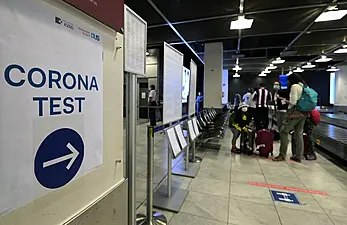
If people do not pay their fines on return, they risk a court summons.
Earlier this week, EU police agency Europol warned that Irish criminals are allegedly involved in the forging of negative Covid-19 tests to allow people travel within Europe. This included the infamous Irish organised crime network, the Rathkeale Rovers.
Gardaí said 3,500 fines had been issued for non-essential travel, including about 375 fines for non-essential journeys to airports and ports.
“People travelling to an airport or port to take a holiday abroad are now liable for a €500 fine each for undertaking a non-essential journey,” said the statement. “Going on a holiday abroad is not essential travel.”
